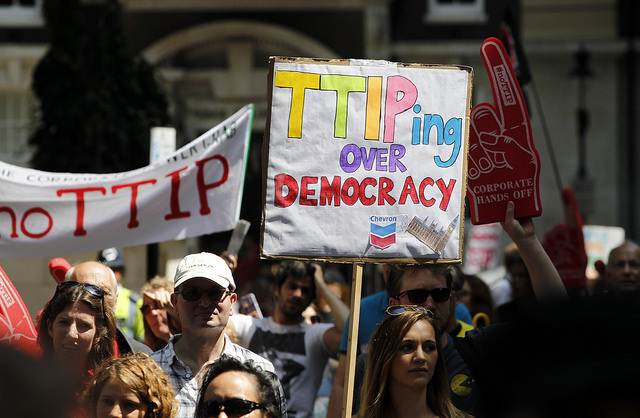How to sell degrowth is one of the questions of our research and communication project Postwachstumspioniere at the Institute for Ecological Economy Research. In the paper "Successful non-growing companies", Andrea Liesen, Christian Dietsche and myself are discussing motives and strategies that seem to apply to a variety of non-growing companies. We found that small and medium-sized companies (SMEs) very well distinguish between traditional growth in numbers and growth in qualities: not more but better appears to be a dominant management philosophy. If that is the case for a company, serveral characteristics might follow that are advantageous for the transition to a post-growth economy: a switch to repairability and services in producing companies, an increase in efficiency coupled with no sales growth to avoid rebound effects, the highlighting of product and service quality as well as qualities of work, life, and relations, and a strong collaborative and transformative claim. Nevertheless, non-growth of SMEs does by no means always point to a proactive post-growth strategy and respective social-ecological contributions.
Sarah Netter argues in her paper "Availability cascades & the sharing economy – A critical outlook at collaborative consumption" that we are to fast in accepting new concepts that will not only provide business opportunities but also a good conscience. She adds that there are still many open questions about the sharing economy: Is there really a high potential for sharing economies on the market? Do we maybe overestimate their contribution to a sustainable development? She outlines that those success factors of the sharing economy - like combining feel-good elements with business opportunities - at the same time bear a high risk of washing out the very basic idea of collaborative consumption possibly even leading to its downfall.
Valerio Verrea studied the Fair Trade market and identified an ideal type of alternative trade organisations (ATOs) that show a more effective and stable social and ethical performance than conventional businesses and even other fair trade organisations. In his paper "Fair Trade Alternative Organizations as a degrowth-friendly business model" he describes the characteristics of such an alternative entrepreneurial model and the social and structural features supporting it. He concludes that - against the shortcomings of other (fair trade) business models - ATOs demonstrate ways to escape the profit constraints of the dominant market system while at the same time blending social and economic value.
During the fruitful discussions in the workshop How to sell degrowth: Business models I we had a consensus that from a post-growth perspective there is much to learn from SMEs, shareconomy entrepreneurs and fair trade organizations but that we have to pay more attention to their side effects, especially when they are scaled and mainstreamed. To avoid watering-down of alternative business models, it seems to be crucial to outline a new and more sharpened narrative of post-growth business. To that end, the comparative study and evaluation of the various alternative entrepreneurial approaches with regard to common features and actual contributions to sustainability and degrowth seems to inevitable.
Comment on this article on the German Blog "Postwachstum"
In a recent post, a group of authors expressed their concerns that degrowth risks being lost in pluralism and argued for the need to co-produce a mix of context-sensitive strategies. I believe this re-stirring of the debate on strategy in the degrowth movement is both relevant and timely. While I agree with many of the authors’ concerns, and proposals, I would here like to propose a somewhat di...

By Manuel Pérez-Rocha The Transatlantic Trade and Investment Partnership (TTIP) is a comprehensive free trade and investment treaty currently being negotiated – in secret – between the European Union and the USA with massive implications for people and the environment on both sides of the Atlantic. The stakes couldn´t be higher but not only for European [...]

ASA is an educational programme that supports young and dedicated people to expand their skills and to contribute to sustainable global development based on respect for human rights and cultural differences since more than 50 years Currently, the programm is looking out for suitable projects for the 2015 ASA-cycle with particular focus on the areas of degrowth and/or urban gardening which ha...